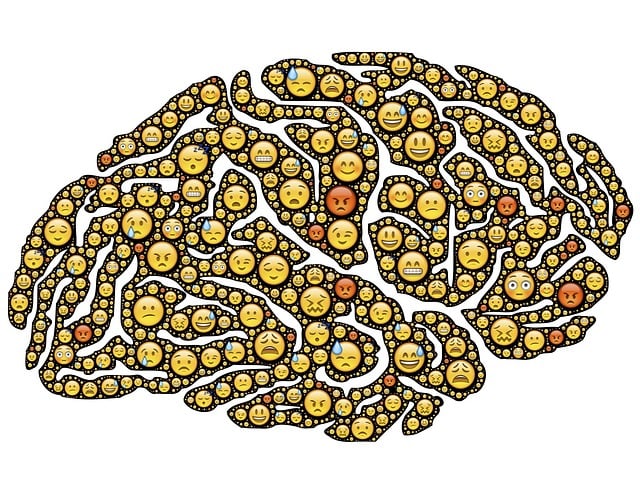In a high-stress environment, Superior First Responders Therapy (SFRT) is transforming mental health support for first responders. By integrating CBT, mindfulness and other evidence-based practices, SFRT coaching programs empower professionals with tools to manage trauma and stress. This strategic approach fosters resilience, reduces stigma, and promotes long-term well-being in high-risk professions.
In today’s fast-paced world, mental wellness is a paramount concern, especially for first responders who face unique challenges on a daily basis. This article explores the crucial role of mental wellness coaching programs in supporting superior first responders therapy. We delve into understanding the growing need for these programs, designing effective therapy models tailored to their specific needs, and implementing strategies for long-term success. By focusing on these aspects, we aim to enhance the resilience and well-being of first responders.
- Understanding the Need for Mental Wellness Coaching Programs
- Designing Effective Therapy Models for First Responders
- Implementation and Support Strategies for Long-Term Success
Understanding the Need for Mental Wellness Coaching Programs

In today’s fast-paced world, mental wellness has become an increasingly vital aspect of overall health and well-being. The demand for effective support systems is higher than ever, especially among individuals facing challenges like depression and anxiety. This need is further highlighted by the importance of fostering resilience, particularly among high-risk groups such as first responders. Superior First Responders Therapy recognizes this critical gap in traditional healthcare and aims to provide specialized mental wellness coaching programs development tailored to these unique individuals.
By integrating strategies for emotional intelligence and depression prevention, these coaching programs offer a proactive approach to managing stress, trauma, and the emotional demands of their professions. Mental wellness coaching has the potential to revolutionize support systems by empowering first responders with essential tools to maintain balance and navigate the challenges they face daily.
Designing Effective Therapy Models for First Responders

The development of specialized therapy models tailored for first responders is a vital step towards enhancing their mental wellness. These individuals, often on the frontlines of critical situations, face unique challenges that demand specific support. A Superior First Responders Therapy model should aim to address the profound stress, trauma, and potential mental illness stigma these professionals encounter. By designing interventions that focus on resilience building and confidence boosting, coaches can empower first responders to manage their emotional well-being effectively.
Effective coaching programs must prioritize evidence-based practices, incorporating techniques such as cognitive-behavioral therapy (CBT) and mindfulness training. These strategies have proven successful in promoting stress management and reducing the impact of mental illness stigma within these high-risk professions. Tailoring therapy models to first responders’ specific needs ensures that they receive targeted support, fostering a healthier and more resilient workforce.
Implementation and Support Strategies for Long-Term Success

Implementing mental wellness coaching programs requires a strategic approach for long-term success. One key strategy is to integrate Superior First Responders Therapy (SFRT) techniques, which have proven effective in fostering resilience and providing immediate support. By integrating SFRT into coaching sessions, professionals can offer clients powerful tools to manage stress and emotional challenges. This proactive approach ensures individuals are equipped with coping mechanisms for the long haul, reducing reliance on reactive measures.
Additionally, designing engaging Mental Health Education Programs and producing insightful Mental Wellness Podcast Series can further enhance program effectiveness. These educational resources provide ongoing mental health support, allowing individuals to deepen their understanding of self-care practices and Self-Esteem Improvement strategies. Regular exposure to such content enables participants to internalize concepts, making them more likely to adhere to healthy habits even after the initial coaching period ends.
Mental wellness coaching programs, particularly tailored for first responders, are a vital game-changer in enhancing resilience and overall well-being. By implementing effective therapy models and providing long-term support strategies, we can ensure that these courageous individuals receive the care they deserve. The development of such programs, focusing on issues like trauma and stress management, will undoubtedly lead to healthier communities and improved lives for first responders, fostering a superior First Responders Therapy approach.














